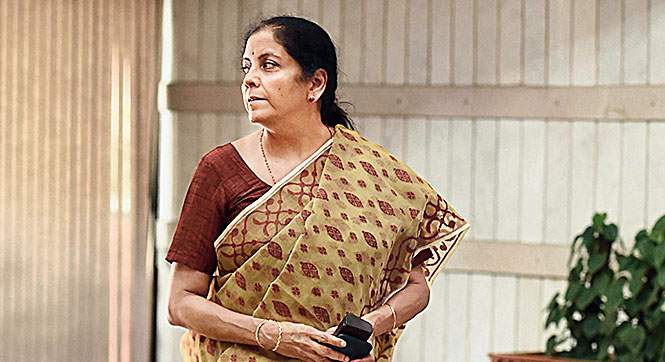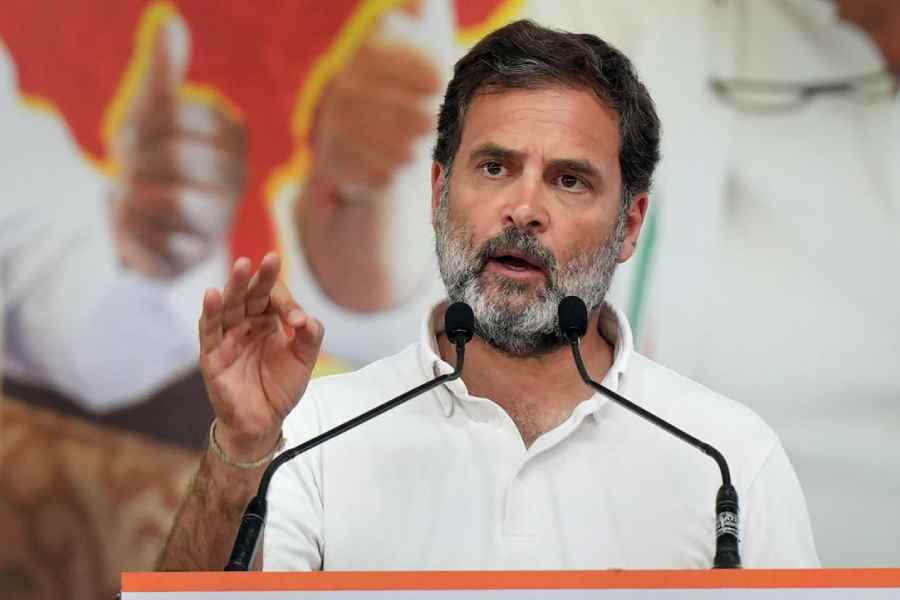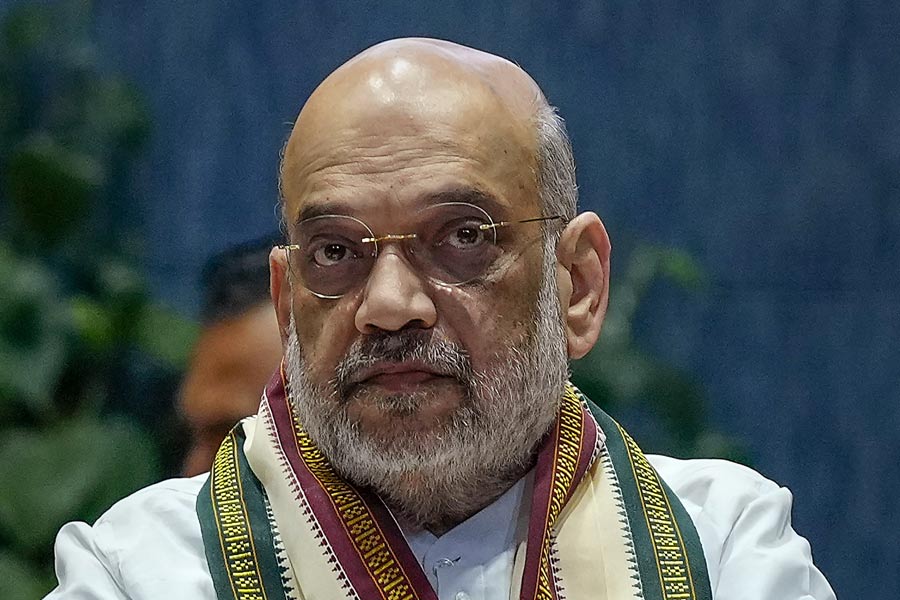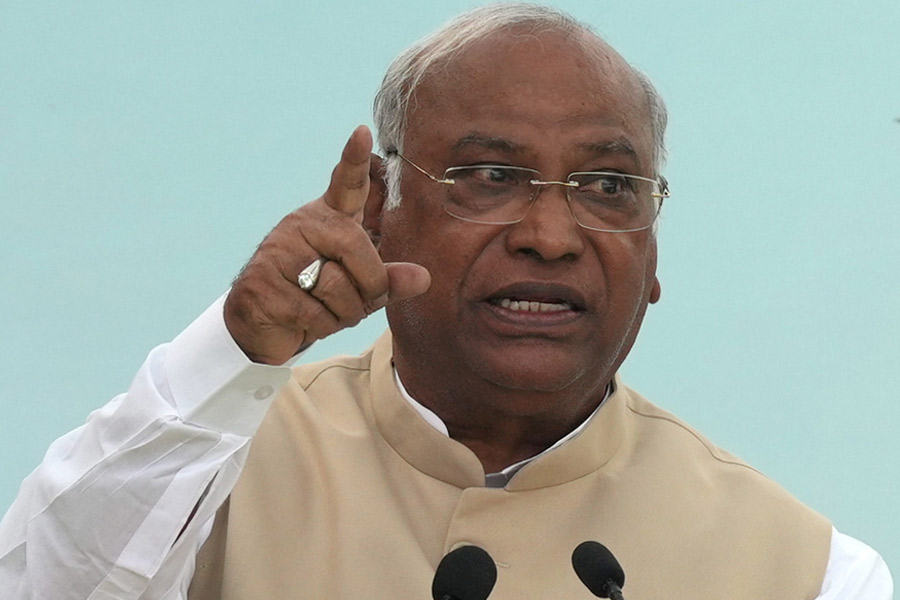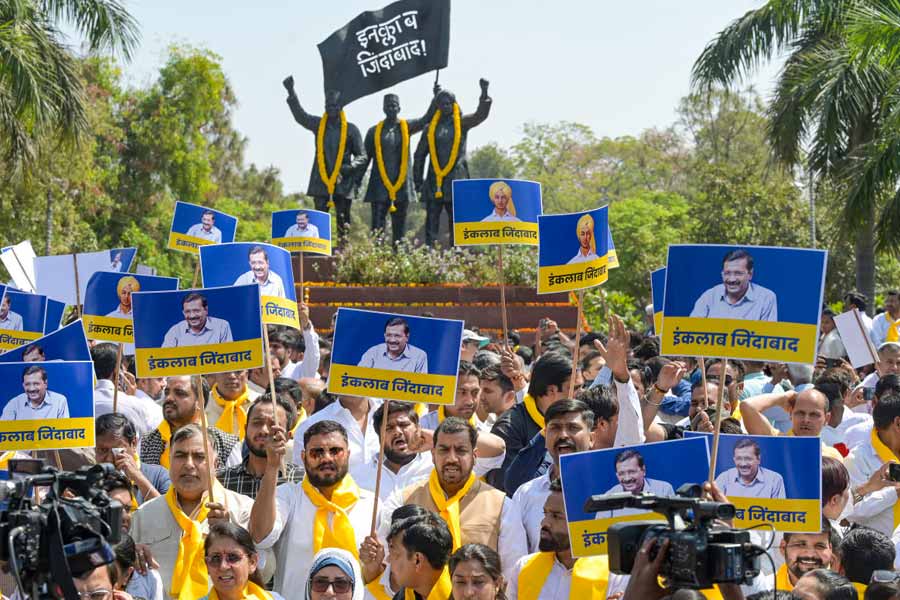Senior officials of the finance ministry called a media briefing in the capital on Friday but refused to field any questions, undermining the very definition of a cornerstone of journalism.
The ministry had invited journalists to the media briefing by senior officials at the National Media Centre. Finance minister Nirmala Sitharaman had barred reporters from buttonholing officials in the corridors.
Three senior officials from the ministry were present at the media centre. The reporters were told that the ministry would hold weekly briefings on different issues linked to the finance ministry every Thursday, similar to the interactions held by the external affairs ministry.
However, the spokesperson conducting the briefing made it clear that the officials would only read out a statement and would take no questions.
Journalists protested against this one-way monologue and accused the ministry of once again trammelling the rights of the media to raise questions, especially at a time concerns have been expressed about the state of the economy.
“What’s the point in asking us to be here if the officials can’t take our questions?” a reporter asked.
A press briefing, by its very definition, is an interaction with reporters, not a one-way communication. If the government wanted some information to be disseminated, it could have issued a press release instead, the journalists said.
Then, Krishnamurthy Subramanian, the chief economic adviser to the ministry, walked in. Reporters thought that the government was about to make some announcement. The spokesperson apprised him of the format and the protest lodged by the reporters present.
The spokesperson said if the reporters had any questions, they should email them to the ministry. They were also told that officials might consider taking questions and television cameras could also be allowed into the room based on how the briefings went over the weeks.
The “new ground rules” triggered unease among reporters who again requested the officials to take questions as it was a normal news briefing.
After a brief discussion among themselves, the chief economic adviser stepped out of the room to make a call. The officials waited for instructions on whether they should field questions.
After a few minutes, the spokesperson said the briefing would start and the chief economic adviser would join later. This sparked protests.
It was clear that the finance minister wasn’t going to relent. The chief economic adviser did not return to the conference hall.
The reporters started to file out of the room as the officials started to read out from the prepared statement.
The boycott is being seen as a embarrassment for the government which has had an extremely brittle relationship with the media, especially its rank and file.
Just a couple of weeks ago, journalists covering the finance ministry had stayed away from the post-budget dinner to protest against the denial of access to its offices in North Block without prior appointment.

